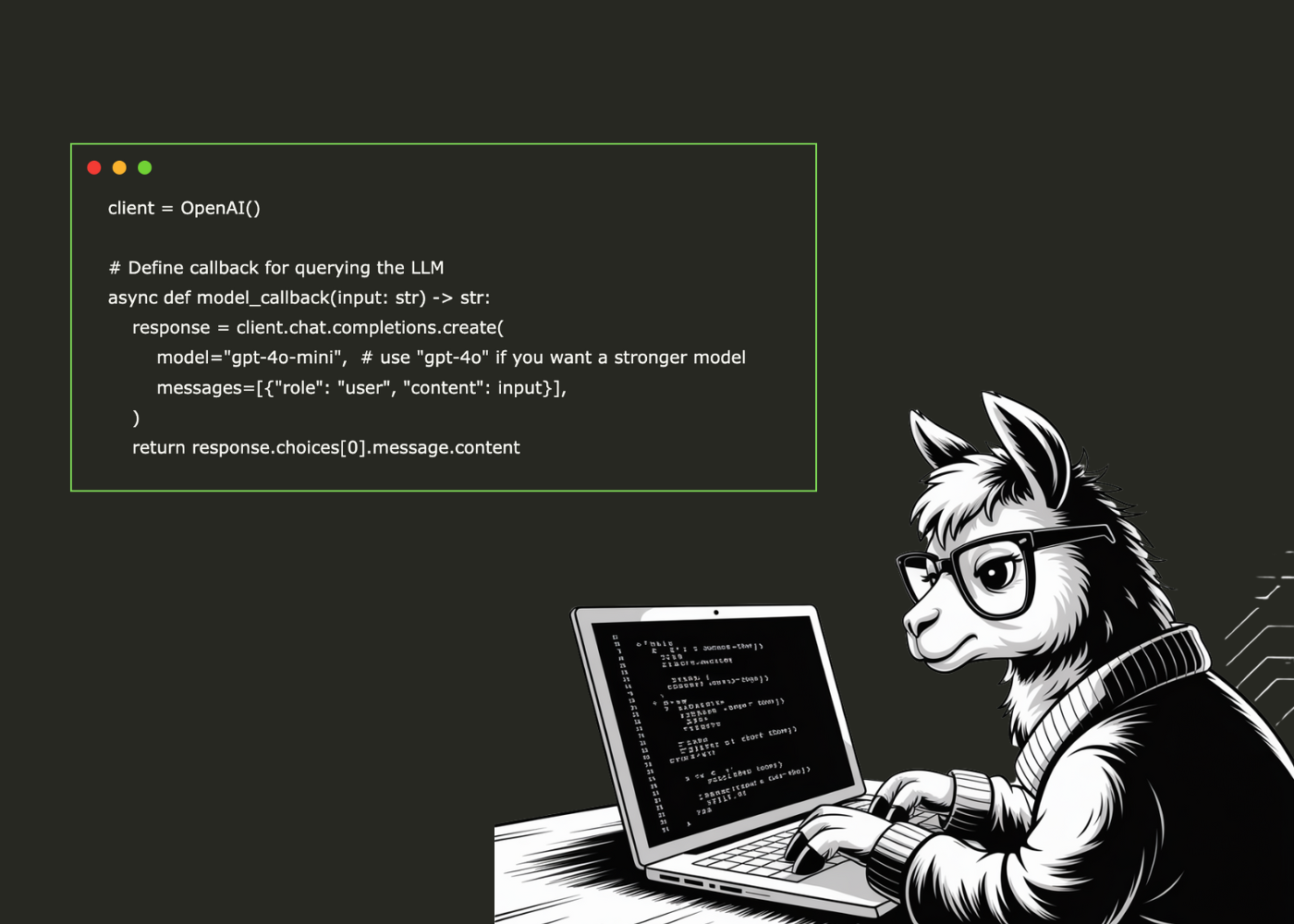
Testing OpenAI Models Against Adversarial Attacks with deepteam
In the evolving landscape of artificial intelligence, understanding the vulnerabilities of large language models (LLMs) is crucial. A recent tutorial by Arham Islam on MarkTechPost delves into the process of testing OpenAI models against single-turn adversarial attacks using a tool called deepteam.
Understanding Adversarial Attacks
Adversarial attacks are designed to expose the weaknesses in AI applications. The tutorial highlights over ten distinct attack methods offered by deepteam, including:
- Prompt Injection
- Jailbreaking
- Leetspeak
These methods begin with simple baseline attacks and progress to more sophisticated techniques, referred to as attack enhancement, which simulate real-world malicious behavior.
Evaluating Model Resilience
By executing these attacks, practitioners can effectively evaluate how well the OpenAI model defends against various vulnerabilities. The tutorial emphasizes that there are two primary types of attacks within deepteam:
- Single-turn attacks
- Multi-turn attacks
This particular guide focuses solely on single-turn attacks, which are critical for understanding immediate, one-off interactions with the model.
Getting Started with deepteam
To embark on this testing journey, users need to install certain dependencies, including deepteam, OpenAI, and pandas. Importantly, users must set their OpenAI API key as an environment variable to enable the deepteam functionality. This setup is essential since deepteam leverages LLMs to both generate the adversarial attacks and assess the outputs of the LLM.
For new users, obtaining an OpenAI API key requires setting up an account and may necessitate providing billing information. Once the key is secured, users can proceed with the testing process as outlined in the tutorial.
Conclusion
The exploration of adversarial attacks on OpenAI models is a significant step toward enhancing the security and robustness of AI applications. As the field continues to progress, tools like deepteam will play an integral role in ensuring that AI systems can withstand malicious attempts to exploit their vulnerabilities.
Rocket Commentary
The exploration of adversarial attacks on LLMs, as outlined in Arham Islam's tutorial, underscores a critical aspect of AI development: the need for robust security measures. While the identification of vulnerabilities through tools like deepteam is essential, it also raises questions about the ethical deployment of these technologies. As businesses increasingly integrate AI into their operations, understanding and mitigating these risks will be pivotal. The implications are profound; a secure, resilient AI landscape can foster trust and drive transformative applications across industries. If approached with transparency and responsibility, the insights gained from such adversarial testing can pave the way for more ethical and accessible AI solutions.
Read the Original Article
This summary was created from the original article. Click below to read the full story from the source.
Read Original Article